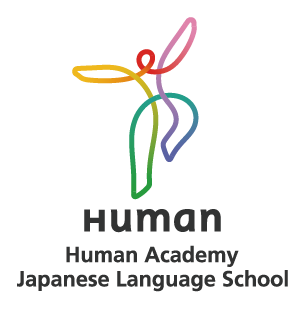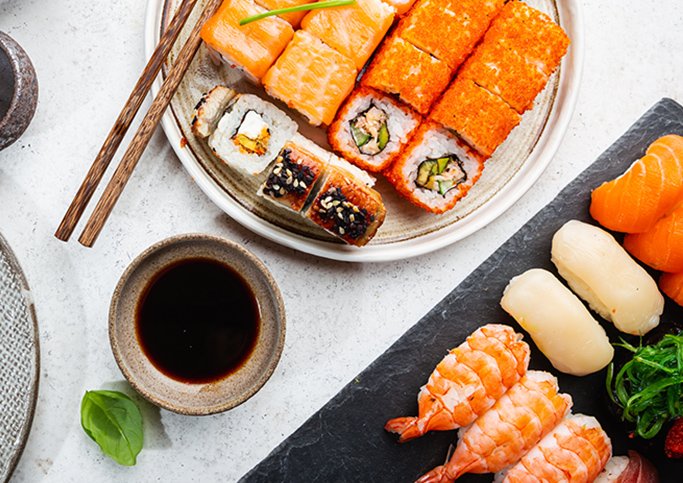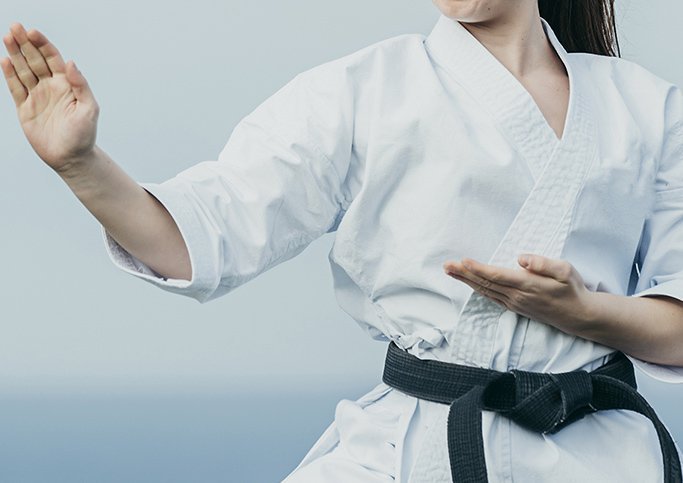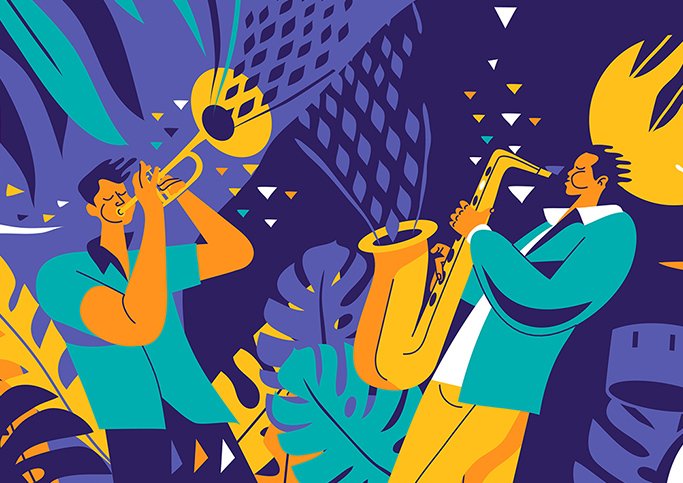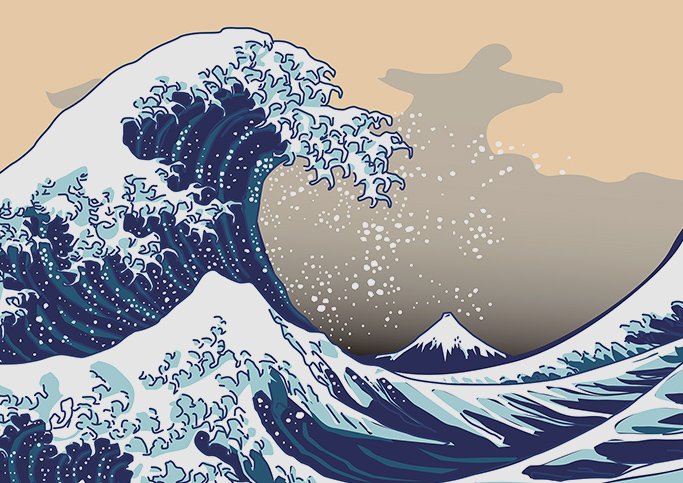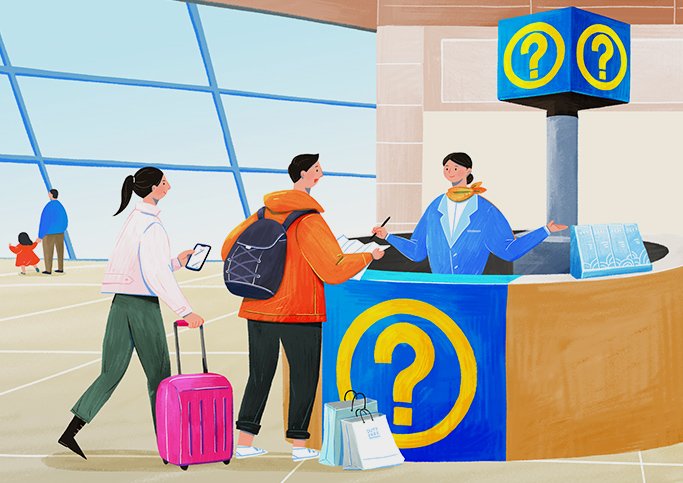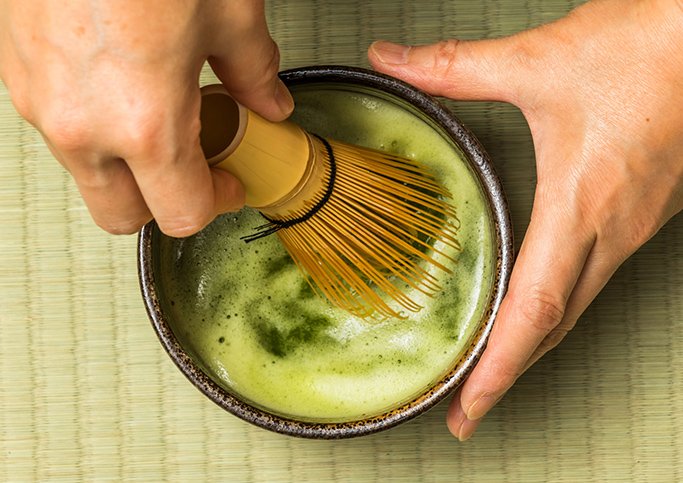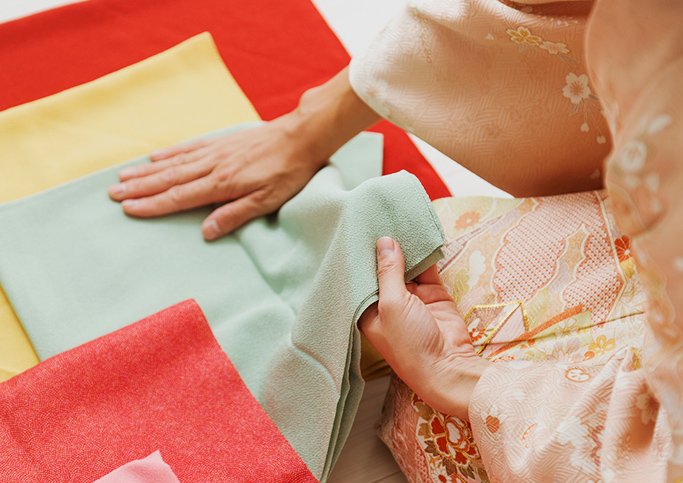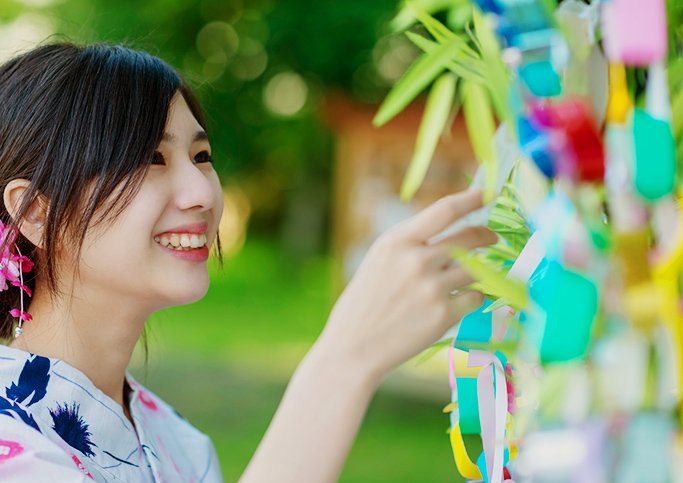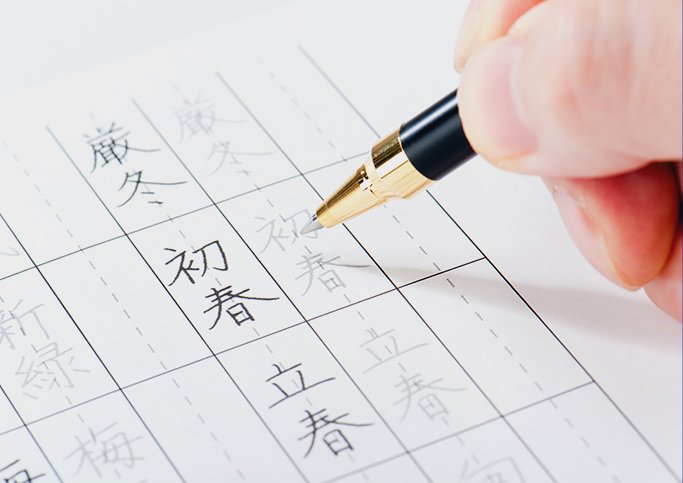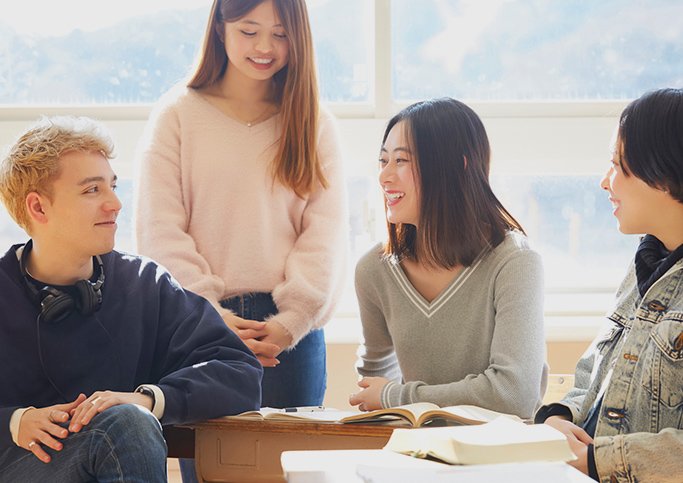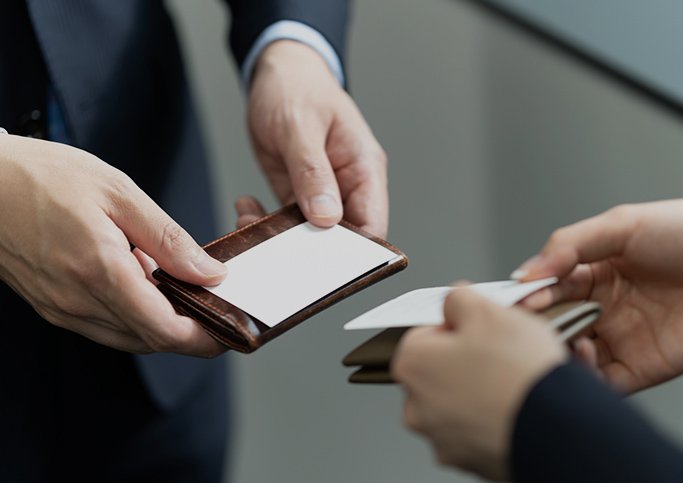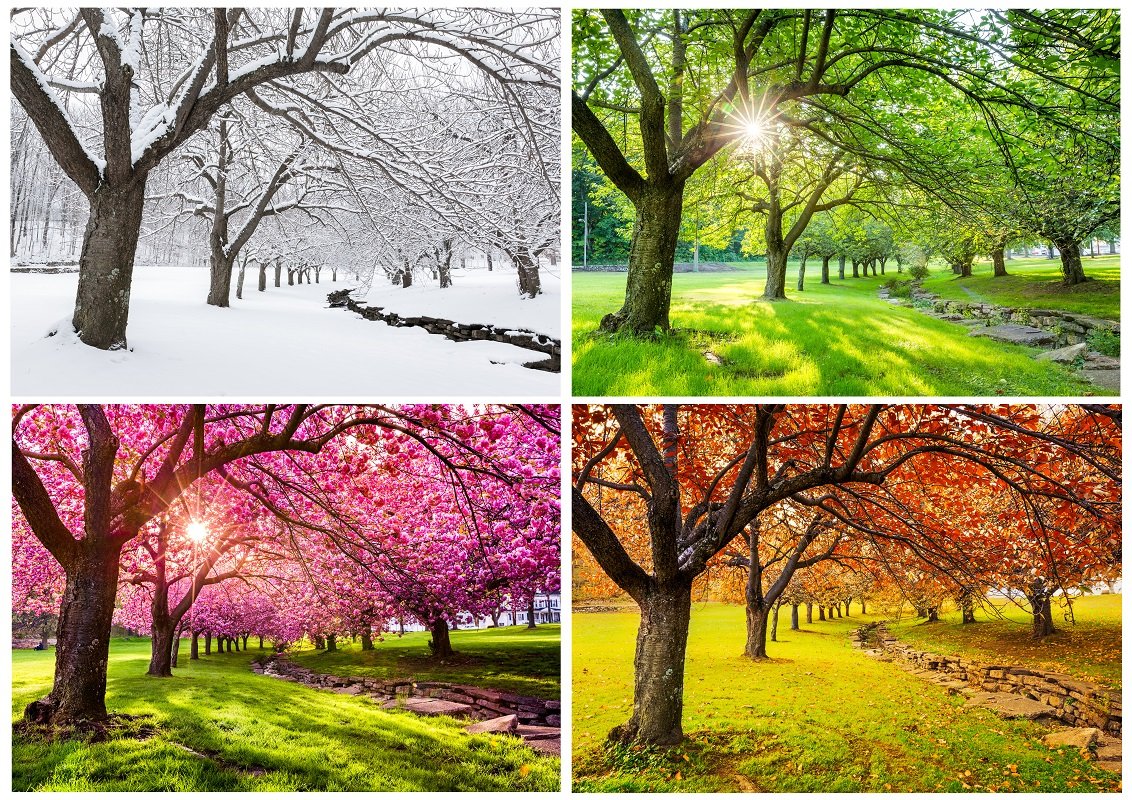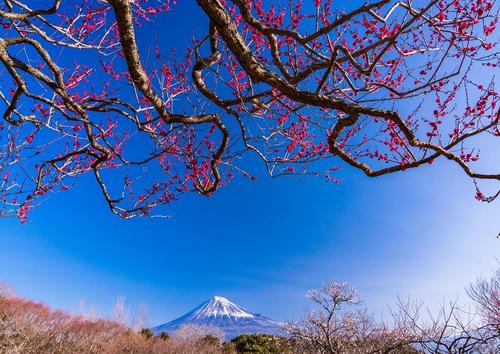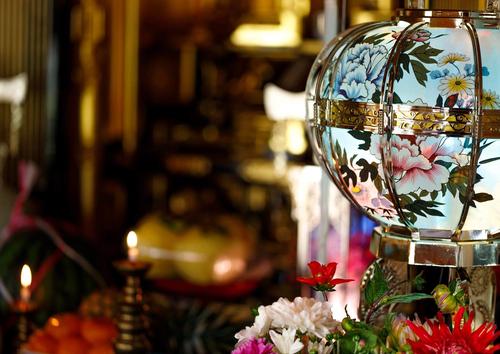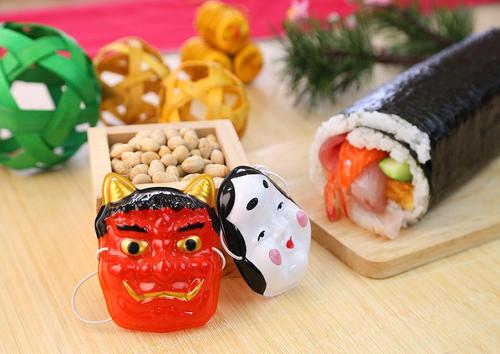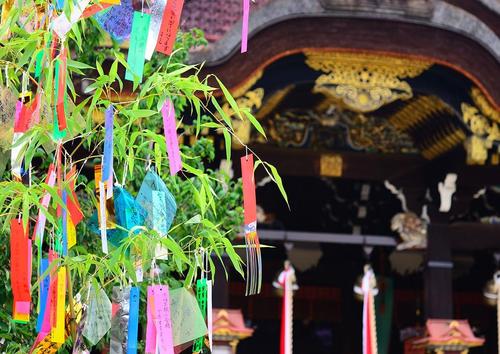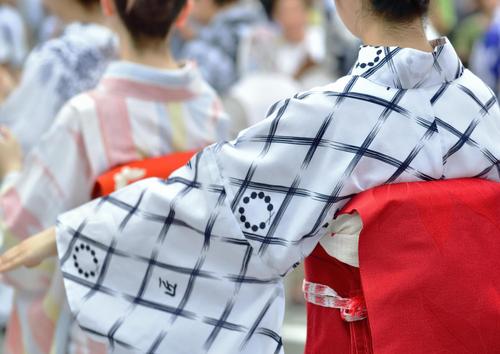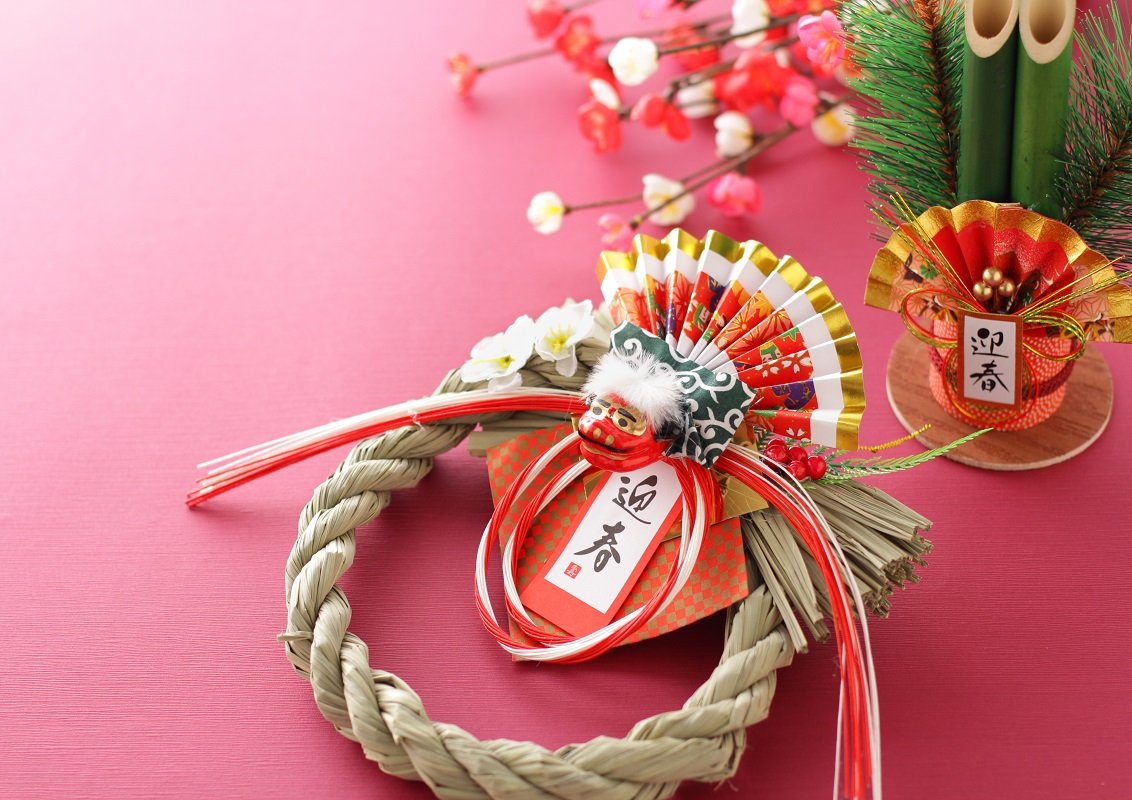
event
oshōgatsu / seijin'nohi / barentaindē / obon yasumi… Introduction of “holidays and events” in Japan
7/ 9/2021
What kind of holidays and events are there in Japan? Are there any differences between Japan and other countries? In this article, we will introduce some of the most famous Japanese holidays and events.
1. お正月 (oshōgatsu)
“お正月” (oshōgatsu) is an event to invite the gods called “歳神様” (toshigamisama) into home on January 1st, the beginning of the year. As it is an important event to welcome the gods, people decorate the entrance of their houses with “門松” (kadomatsu), “しめ飾り” (shimekazari), and “鏡餅” (kagamimochi). In Japan, the New Year is usually spent with the family, and everyone eats a special dish called “おせち” (osechi). “おせち” (osechi) is a box filled with traditional foods such as “伊達巻” (datemaki) and “黒豆” (kuromame).
2. 成人の日 (seijin'nohi)
“成人の日” (seijin'nohi) is a holiday on the second Monday of January that celebrates becoming an adult. In most parts of Japan, a celebration ceremony called “成人式” (seijin-shiki) is held on this day. The coming-of-age ceremony is for those who turn 20 years old between April 2nd of the previous year and April 1st of the same year. Women participate in the coming-of-age ceremony by wearing a gorgeous kimono called “振袖” (furisode).
3. 節分 (setsubun)
“節分” (setsubun) refers to the seasonal milestones of spring, summer, autumn, and winter, which occur four times a year. Nowadays, it especially refers to the seasonal turning point from winter to spring in early February.
In the old days, it was believed that evil spirits would enter the house at the turning of the seasons. Therefore, on “節分” (setsubun) in spring, we drive away demons, the symbol of evil spirits, with food and smells. For example, people throw beans from the front door to the outside, or decorate the front door with a fresh sardine head and pointed holly leaves to ward off evil spirits. On “節分” (setsubun), in addition to throwing beans, people eat thick sushi rolls called “恵方巻” (ehōmaki) to wish for good luck for the family.
4. バレンタインデー (barentaindē)
“バレンタインデー” (barentaindē) is famous as “lovers' day” in many parts of the world, but in Japan, it has its own unique culture. For example, Valentine's gifts are chocolate and women give gifts to men. As Valentine's Day approaches, women buy chocolates at department stores and candy stores, and make homemade chocolate snacks at home. Chocolate on Valentine's Day is given various names because of the person or reason to give it.
For example, chocolates given to a man you like in order to confess your love to him are called “本命チョコ” (honmei choko), chocolates given formally to a man you are not in love with are called “義理チョコ” (giri choko), and chocolates given to a friend are called “友チョコ” (tomo choko). Some people decide the price of chocolate or the difficulty of making it by the person or reason to give it, so we see many kinds of chocolate in stores at this time of year.
5. ホワイトデー (howaitodē)
“ホワイトデー” (howaitodē) is the day when men who receive chocolates from women on Valentine's Day give thanks to women. “ホワイトデー” (howaitodē) is celebrated on March 14 every year, one month after Valentine's Day. This event is unique to Japan and is said to have been based on the Japanese concept of “when someone gives you a gift, you should return it and show your gratitude.” By the way, on “ホワイトデー” (howaitodē), we don't have to give chocolates to women, so we sometimes give sweets such as candies and cookies, or take them out to dinner.
6. ひな祭り (hinamatsuri)
“ひな祭り” (hinamatsuri) is a day to celebrate the growth of girls on March 3rd every year. Girls decorate “ひな人形” (hinaningyō), which are believed to protect them from disasters, and eat sweets called “ひなあられ” (hina’arare), which come in three or four different colors, to wish for the healthy growth of girls.
[日本のことが気になる?一緒に日本語を学びませんか?]
7. こどもの日 (kodomonohi)
“こどもの日” (kodomonohi) is a day to celebrate the growth of children on May 5th. It is customary to decorate carp streamers called “こいのぼり” (kodomonohi) in the shape of a carp to wish for the continued healthy growth of children.
8. 七夕 (tanabata)
“七夕” (tanabata) is an event held on July 7. Every year on July 7, Orihime, the daughter of God, and Hikoboshi are reunited once a year at “天の川” (amano gawa), which flows into the sky. The stars that appear to cross the night sky look like rivers, so we call the scenery “天の川” (amano gawa). As the day of “七夕” (tanabata) approaches, people write their wishes on strips of paper and hang them on bamboo. Then, there is a legend that the wish written on a strip of paper will come true.
9. お盆 (obon)
“お盆” (obon) is said to be a period during which deceased ancestors can return to this world once a year. It depends on the area, but it is common to have “お盆” (obon) for 4 days from August 13 to 16th. On August 13, a fire called “迎え火” (mukaebi) is made to welcome ancestors, and on the 14th, fruits and sweets are offered to ancestors. Then, on the evening of the 16th, they light a fire called “送り火” (okuribi) to send off their ancestors.
10. 七五三 (shichigosan)
“七五三” (shichigosan) is a day on November 15 to celebrate the growth of children ages 3, 5 and 7. The genders are decided according to the age: we celebrate 3 years old for both boys and girls, 5 years old only for boys, and 7 years old only for girls. Girls wear “kimono” and boys wear “haori hakama” to the shrine.
11. クリスマス (kurisumasu)
“クリスマス” (kurisumasu) is the day on December 25, on which people celebrate the birthday of Christ. Christmas in Japan has little religious meaning, and people generally think of it as a joyful event to give gifts and have fun eating. Japanese Christmas is spent eating cakes and feasts with family, friends and lovers. Small children spend their time looking forward to presents from Santa Claus.
12. 大晦日 (ōmisoka)
“大晦日” (ōmisoka) is the last day of December, which is considered to be the most important day of the year. On the last day of the year, people clean up their houses and eat soba noodles called “年越しそば” (toshikoshi soba). On New Year's Eve, the temple bell is rung 108 times to get rid of each of the 108 earthly desires, which is known as “除夜の鐘” (joyanokane).
While Japanese events and holidays incorporate foreign cultures, there are also events unique to Japan. For example, can you predict what kind of holidays “海の日” (uminohi) and “山の日” (yamanohi) are?
If you are interested in the Japanese language, why don't you sign up for a free membership to Human Academy Japanese Language School Plus. You can experience practical Japanese lessons by experienced teachers for free.
CATEGORIES
FEATURED TAGS
RECOMMENDATION
-
 報BUSINESS TERMS
報BUSINESS TERMSWhat is ”Ho-Ren-So”, one of the basic manners when working in Japan?
10/30/2020
-
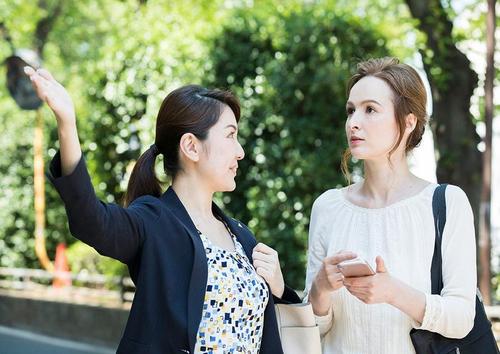 伝WORDS & GRAMMAR
伝WORDS & GRAMMARWhat is easy Japanese?
10/30/2020
-
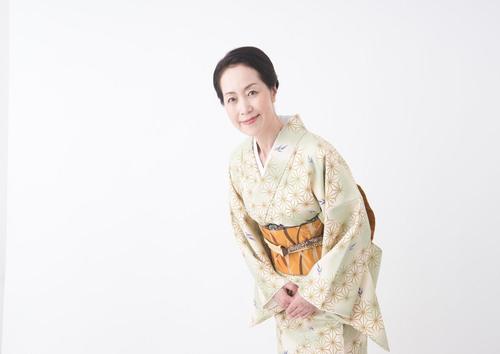 礼MANNERS
礼MANNERSJapanese greeting customs and origins. What are the greetings from other countries?
10/30/2020
-
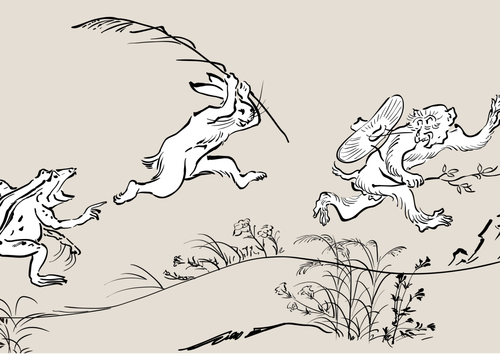 戯COMIC & GAME
戯COMIC & GAMEThe roots of animation and manga? Introducing bird and beast caricatures
10/30/2020
-
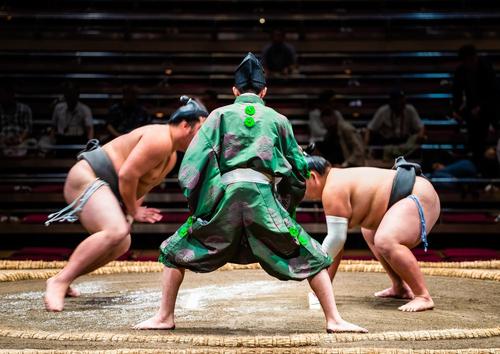 戦SPORTS
戦SPORTSThe history of sumo goes back to the mythical world! ?? Transition from myth to modern times
10/30/2020
LET’S PLAY
KARUTA!
Do you know the meaning of this...
NEXT...
FURTHER EXPLORATION
INTERESTED
IN JAPAN?
WHY DON’T YOU
LEARN JAPANESE WITH US?
START LEARNING
JAPANESE
WITH HUMAN ACADEMY!
ONE OF
THE MOST POPULAR
JAPANESE
LANGUAGE SCHOOLS
JAPANESE
LANGUAGE SCHOOL
OFFERING EXCELLENT
DETAILED LESSONS

ONLINE SCHOOL
- Learn with your classmates from all over the world
- Variety of Courses for All Needs
- FREE Trial Lesson available

TOKYO, OSAKA
- Offer the Best Curriculum for You
- Make New Japanese Learning Friends
- Many Opportunities to Practice Japanese
MAKE FURTHER
STEPS
WITH HUMAN ACADEMY!
ONE OF
THE MOST POPULAR
JAPANESE
LANGUAGE SCHOOLS
JAPANESE
LANGUAGE SCHOOL
PRODUCING MANY
JLPT N1 CERTIFIED
STUDENTS!

ONLINE SCHOOL
- Learn with your classmates from all over the world
- Variety of Courses for All Needs
- FREE Trial Lesson available

TOKYO, OSAKA
- Support Your Higher Goal of Japanese Learning
- Perfect Environment for Japanese Learners
- Learn with Your New Japanese Study Mates


